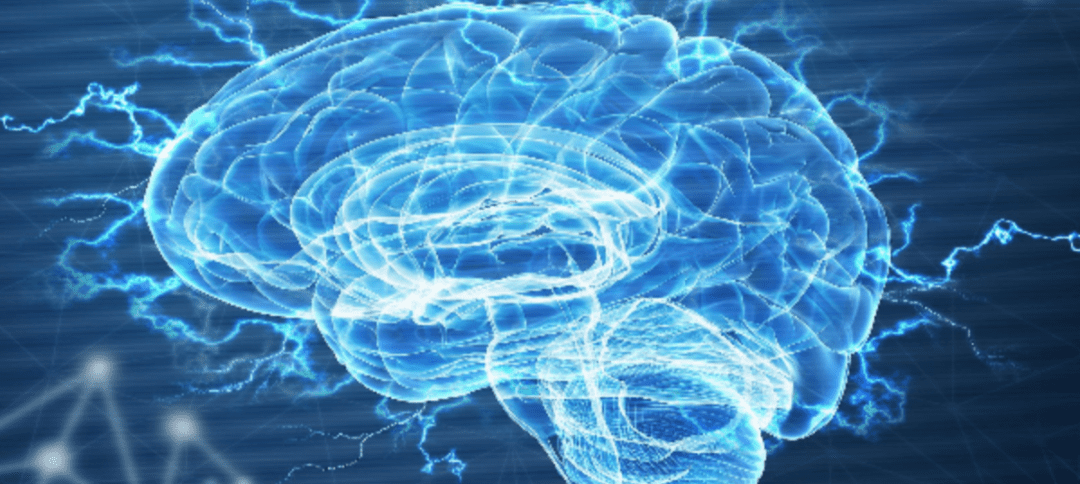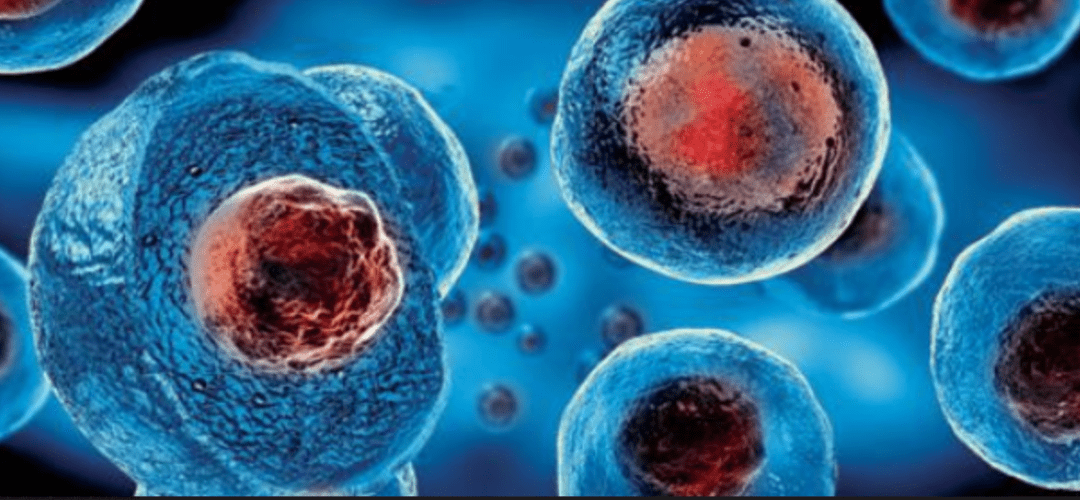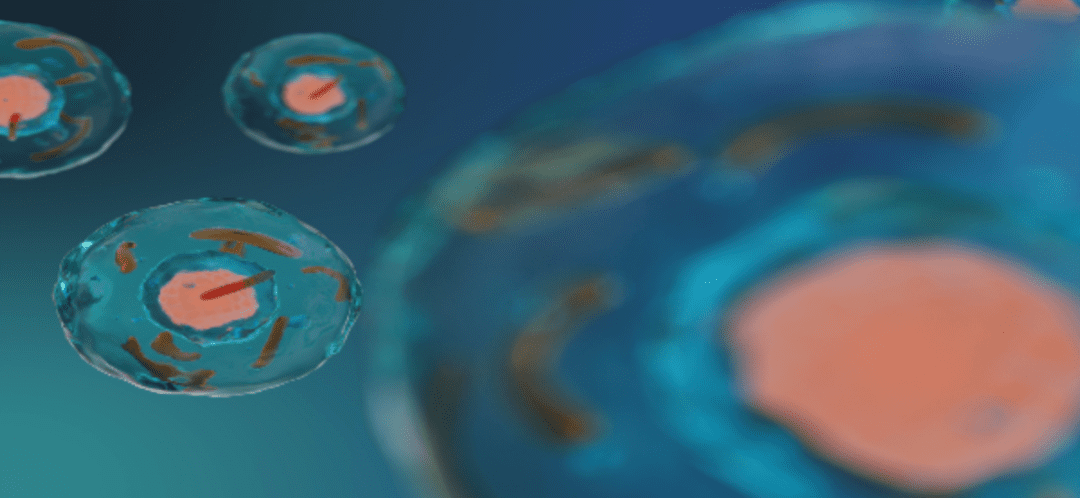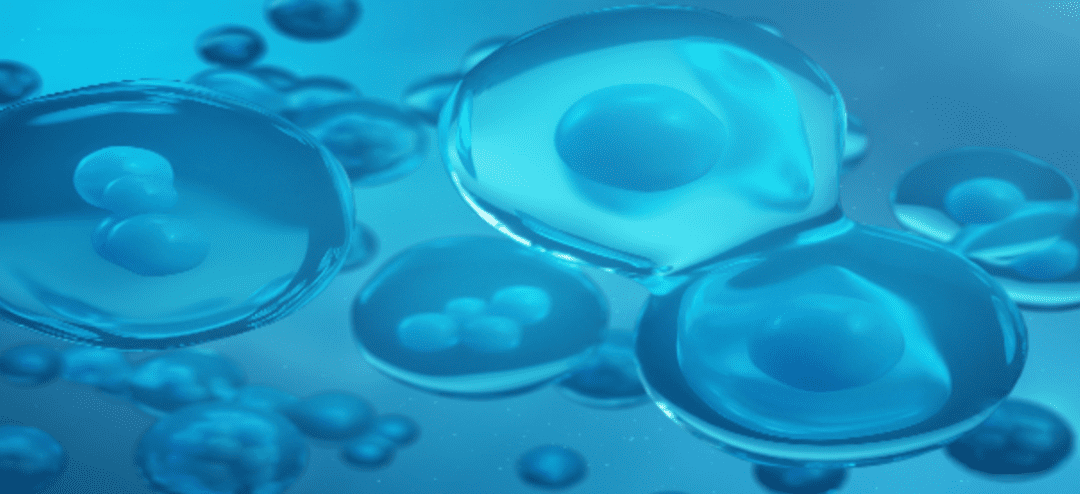
by Stemedix | May 16, 2022 | ALS, Stem Cell Therapy
As science continues to uncover the benefits of stem cell therapy, many trials and studies are bringing their focus to conditions with limited treatment options. The neurodegenerative condition amyotrophic lateral sclerosis (ALS) is one of the conditions that greatly needs new treatment methods to slow its progression. Fortunately, recent clinical trials offer promising results. Here we will discuss Stem cell therapy for ALS.
What Is ALS?
ALS affects the nerve cells present in the brain and spinal cord. In ALS patients, the motor neurons that carry messages from the brain to the spinal cord and then to the body’s muscles progressively die off. As they die, the brain can no longer communicate with the muscles, so patients lose muscle action.
The loss of muscle control may begin with walking and standing, but patients can lose the ability to move, speak, eat, and breathe over time.
How Can Stem Cell Therapy Help ALS Patients?
Stem cells are the building blocks of cells. When prompted to divide, stem cells can either form more stem cells or become specialized cells, such as brain cells or nerve cells. Those new, specialized cells have the potential to repair and replace damaged cells.
Stem cell therapy is an inspiring option in treating ALS since researchers believe the treatment could support new cell growth and help manage the body’s immune system response. Additionally, stem cells offer the potential to regenerate the damaged motor neurons that are characteristic of the disease.
Clinical Trial Results
In an analysis of six clinical trials that examined the benefits of stem cell treatments in slowing the progression of ALS, all six trials showed stem cell therapy slowed the advancement of the disease. However, in two studies, the results were not statistically significant.
All of the studies that followed patients for six months after their stem cell treatments saw significant differences in the results of patients’ ALSFRS-R reports. Patients within the treatment groups experienced a notable slowing in the disease’s progression. In examining the methodologies of the studies analyzed, there are techniques and types of stem cells that show improved results. Notably, the most effective delivery of stem cells to slow ALS in patients is through injections into the fluid-filled space surrounding the spinal cord. In addition, studies using mesenchymal stem cells (MSCs) also saw more significant results than other stem cell therapies. To learn more contact a care coordinator today at Stemedix!

by Stemedix | Apr 4, 2022 | ALS, Stem Cell Therapy
Amyotrophic lateral sclerosis (ALS) is a progressive disease of the nervous system that targets the nerve cells in the brain and the spinal cord. Also known as Lou Gehrig’s disease, the condition eventually causes patients to lose muscle control. While ALS currently has no cure, early identification allows patients to use various therapies to delay the advancement of symptoms. Here we will answer a very common question ” what are the symptoms of ALS? “. Keep reading to learn more!
Early ALS Symptoms
Since ALS is a progressive disease, symptoms appear gradually, and patients often ignore early signs. The progression of ALS differs in each patient, as it can target varying neurons. However, there are some common early symptoms, including:
- Slurred speech
- Trouble gripping items with hands
- Issues swallowing
- Stumbling
- Muscle cramps
- Poor posture
- Trouble holding up your head
- Muscle stiffness
ALS symptoms typically begin in the extremities and the limbs before spreading through the body. Both early and later stages of ALS have no pain.
Advanced ALS Symptoms
As ALS spreads through the body, symptoms worsen. These symptoms include:
- Less muscle mass
- Struggles with chewing and swallowing
- Weaker muscles
- Poor or slurred speech
- Trouble breathing
Later stages of ALS affect more of the patient’s muscles and movement.
What Causes ALS?
While the exact cause of ALS is unknown, about 5–10% of ALS patients inherit a familial ALS form. Children of familial ALS patients have a 50/50 chance of developing the disease.
Most scientific theories on the cause center on a complex interaction between environmental and genetic factors for those with ALS and no familial connection. Smoking, environmental toxin exposure, and military service all appear to contribute to the development of the disease, although researchers aren’t entirely sure how or why.
How Can Patients Manage ALS Symptoms?
During the early stages of ALS, patients benefit from various therapies to delay the progression of symptoms. Physical therapy, occupational therapy, and speech therapy help patients improve their quality of life as the disease progresses.
Physical Therapy
Physical therapy can extend the amount of time a patient can walk unassisted. Physical therapists work with patients to retain strength in their larger muscle groups and to maintain balance and gross motor skills.
Occupational Therapy
Occupational therapy focuses more on smaller muscle movements, such as using eating utensils, brushing teeth, and getting dressed. Occupational therapists may also work with patients to find alternative methods for completing tasks as specific muscles weaken.
Speech Therapy
Speech therapy assists ALS patients in retaining their clarity of speech and swallowing and chewing as the tongue begins to weaken.
While early ALS symptoms, such as an occasional muscle cramp or feeling of weakness, are no cause for concern, if you’re noticing weakness in your hands or feet for days, it’s worth seeing a physician. Some early symptoms of ALS may also be symptoms of other, less-serious health concerns.Many patients are exploring the alternative option of stem cell therapy. This regenerative medicine therapy can help manage symptoms and help slow the progression of the condition. Mesenchymal stem cells may offer a potential benefit in how they target damaged tissues, help in neuronal and non-neuronal cell replacement, trophic factor delivery, and modulation of the immune system. If you would like to learn more about your options for treatment of ALS contact a care coordinator at Stemedix today!

by Stemedix | Sep 20, 2021 | ALS, Stem Cell Therapy
Standard treatment protocols for Amyotrophic Lateral Sclerosis (ALS) are typically focused on educating and managing the severity of symptoms they may be facing. However, stem cell-based therapy is an alternative option for managing this condition and its symptoms. This optional therapy has been the subject of several studies in recent years and the initial results have shown positive outcomes. Here we will talk about Stem cell therapy for Amyotrophic Lateral Sclerosis.
Regenerative medicine, also known as stem cell therapy, involves the administration of a concentrated volume of stem cells to targeted areas. It is a management tool to potentially slow down the progression of ALS as well as help to manage symptoms or the development of new symptoms.
Stem cells are naturally present in the body. Mesenchymal stem cells are the most commonly used in cell-based therapies. They can be derived from autologous (Adipose or Bone Marrow) and allogeneic tissues (Wharton’s Jelly). Studies have shown these to be safe and potentially effective for their regenerative and therapeutic properties.
Below, we’ll examine the potential benefits of cell-based therapies for ALS.
The Condition
Often referred to as Lou Gehrig’s disease, Amyotrophic Lateral Sclerosis is a neurodegenerative condition that is characterized by a progressive breakdown in motor skills and voluntary control of movements. The condition can progress quickly or slowly over time.
Some of the most common symptoms of ALS include:
- Difficulty walking
- Frequent falling and tripping
- Weakness in the hands
- Slurred speech
- Muscle cramps
- Inappropriate laughing or crying
- Behavioral and cognitive changes
Potential Application of Stem Cells for Managing ALS
Currently, the potential benefits of stem cell therapy for ALS are still being researched and studied. With that being said, early data is has shown to be promising.
Patients who have had little success with conventional protocols or may want to add to their current therapies have been exploring stem cell therapy to potentially slow the progression of the disease and help manage symptoms. Mesenchymal stem cells help stimulate the body’s natural healing capabilities and have the ability to regenerate damaged tissues.
A clinical trial showed results that support that stem cells could potentially reduce functional impairments. Patients in the trial experienced no significant side effects and the procedure was tolerated well by all of the trial participants.
Stem cells are safe for repetitive use, as well, which means that patients can receive ongoing maintenance treatments if the therapy provides positive results even if this result is slowing down or stabilizing the progression of the condition.
The hope is that there will soon be additional, large-scale randomized control trials on stem cell therapies for ALS in the future. These types of trials would provide further insights into the potential of this treatment option for ALS patients.
Fortunately, access to stem cell therapy for Amyotrophic Lateral Sclerosis ( ALS ) is currently available, which gives patients additional therapy options when exploring how to help manage their condition and symptoms.

by Stemedix | Jul 5, 2021 | ALS, Stem Cell Therapy
For those who are suffering from Lou Gehrig’s Disease — now commonly referred to as Amyotrophic Lateral Sclerosis (ALS) — finding treatment for the condition can seem like a never-ending quest. Stem cells have been used for several years to treat a wide variety of diseases, and many of these treatments point to the potential for further exploration.
Some of the beneficiaries of this process are ALS sufferers. Although there is no cure for ALS, stem cell therapy offers the chance to slow the progression of the disease while also helping to control its symptoms. While there are currently drug treatments available to address the disease, they all have side effects and may offer only limited means of controlling ALS.
In contrast, regenerative medicine, also known as stem cell therapy, offers a new avenue for pursuing ALS treatment, one that shows promising potential for improving patient outcomes over the long term. Regenerative medicine provides patients another path to managing their condition, one that may provide improved symptoms and potential long-term benefits.
What are Stem Cells?
The primary cells used for ALS-related stem cell therapy are called mesenchymal stem cells. These cells are derived from adipose (fat) or umbilical cord (Wharton’s Jelly) cells, and they have a unique ability to differentiate themselves into a wide variety of tissues.
Once inserted into the human body, the goal is to have them protect against cell loss by regrowing nerve cells and pathways in the brain.
Stem cell procedures like the ones used for treating ALS are generally considered to be safe, as patients rarely suffer from complications or side effects. In a study published in Neurology, for example, patients treated with mesenchymal cells did not show a markedly elevated risk for complications.
Expected Outcomes
While stem cells for ALS patients should not be seen as a potential cure, many patients have reported improvement in some areas, including:
- Repairs in nerve damage
- Reduced progression of the disease
- Motor skill improvements
- Higher energy levels
While these results can’t be guaranteed for all patients, they represent major steps forward for those who have not had success with traditional treatments or those who need more help in dealing with progressively worse symptoms of ALS.
Like many treatments for ALS, stem cell therapy is considered to be experimental, which means that it does not have approval from the FDA. However, regenerative medicine may offer a window to an improved patient experience by easing symptoms of the disease that would otherwise be debilitating. If you would like to learn more or schedule a consultation, contact a care coordinator today!

by Stemedix | May 10, 2021 | ALS, Stem Cell Therapy
Amyotrophic lateral sclerosis (ALS), also known as Lou Gehrig’s disease, is a rare disease in which the body’s neurons that control voluntary muscles begin to degenerate. Patients experience muscle weakening and involuntary spasticity, as well as symptoms such as muscle cramps and stiffness, and eventually, difficulty moving, speaking, swallowing, and breathing.
While there is currently no cure for the devastating illness, there are drugs that can increase the quality of life and marginally slow the disease’s progression. Researchers have long been pursuing a more effective treatment for the disease, and efforts were increased significantly as a result of the 2014 viral Ice Bucket Challenge, which raised at least $115 million for research efforts.
Stem Cell Therapy for ALS
One area that’s of particular interest to researchers is regenerative medicine therapy. Also known as stem cell therapy, this option could be a potential treatment for ALS, as it could help sustain and nurture motor neurons that have been compromised by the disease. This is due to stem cells’ ability to release neurotrophic factors, which support and protect nerve cells. This is not a cure, nor a guarantee, but is an option to help slow down the progression of the condition.
Stem cells can be harvested from sources such as the umbilical cord (Wharton’s Jelly), or the patient’s own adipose (fat) tissue, then strategically transplanted at locations such as the spinal canal, intravenous, or muscle tissue. Once in the brain tissues, stem cells have the potential to protect healthy neurons and replace those that have been compromised.
Experts are using stem cells both for research purposes, by creating cells genetically identical to patients to see how they’ll respond to treatments, as well as for treating patients directly. With their protective qualities, the cells can help preserve healthy cells and repair or replace those that have been damaged.
According to results from clinical trials, 87% of patients who received the treatment responded to the treatment with at least 25% improvement and slowed disease progression. Evidence also suggests the treatment is safe and well-tolerated.
While much of how ALS develops remains a mystery, researchers are hopeful that further investigation into stem cell therapy will help to drastically improve treatment outcomes compared to the drugs currently available. If you would like to learn more contact a care coordinator today!

by admin | Feb 5, 2021 | ALS, Mesenchymal Stem Cells, Stem Cell Research, Stem Cell Therapy
Amyotrophic lateral sclerosis (ALS), also known as motor neuron disease or Lou Gehrig’s disease, is a disease that gradually paralyzes people because the brain is no longer able to communicate with the muscles of the body that we are typically able to move at will[1]; as ALS progresses, people will lose the ability to walk, talk, swallow, and eventually breathe.
While no treatment to prevent or even slow the progression of, ALS currently exists, recent findings indicate that neurotrophic factors (NTFs) have been shown to potentially improve the survival of motor neurons in ALS. While a single administration of NTFs has not been effective in extending the life of these motor neurons, the review suggests the direct delivery of multiple NTFs by transplantation to the CNS has proven effective in animal studies.
Specifically, the observed benefits of mesenchymal stem cells (MSC) transplanted from bone marrow or adipose suggest improved neurological stabilization in patients with ALS. As such, the authors of this review have developed a method that produces a strong synergistic effect when introducing a combined delivery of neurotrophic factors in patients with ALS.
The authors, in this review, report on the safety and clinical effects resulting from phase 1 / 2 and 2a clinical trials in which autologous MSC-NTS cells were transplanted in patients with ALS. Both of these studies were considered open-label proof of concept studies where patients were followed up for 3 months before transplantation and 6 months after receiving MSC-NTS transplantation.
No serious adverse events were associated with MSC-NTF cells intramuscular (IM) injections, intrathecal injections (IT), or a combination of both (IT+IM) during these studies.
Additionally, neurotrophic growth factor secretion of patients’ cells was shown to be induced in the MSC-NTF cells when compared to MSCs of the same patient prior to differentiation. In all samples, MSC-NTF cells demonstrated increased secretion of NTFs when compared to non-differentiated MSCs from the same patient.
As a result of this study, the authors have concluded that IT and IM injections of MSC-NTF cells in patients with ALS are safe and well-tolerated. While not the primary focus of the study, the findings also demonstrated clinically meaningful benefits specifically induced by intrathecal treatment with MSC-NTF cells, including potentially slowing the rate of ALS progression.
Considering that neurologists specializing in the treatment of ALS consider a reduction in ALS-FRS-R slope of 25% or more to be clinically significant, the change in ALS progression rate observed after MSC-NTF cell transplantation in this study may indicate a clinically meaningful effect to be confirmed in future clinical trials.
Source: (n.d.). Safety and Clinical Effects of Mesenchymal Stem Cells Secreting …. Retrieved from https://pubmed.ncbi.nlm.nih.gov/26751635/
[1] “Amyotrophic lateral sclerosis (ALS) – Symptoms and causes – Mayo ….” 6 Aug. 2019, https://www.mayoclinic.org/diseases-conditions/amyotrophic-lateral-sclerosis/symptoms-causes/syc-20354022. Accessed 15 Feb. 2021.







 St. Petersburg, Florida
St. Petersburg, Florida
